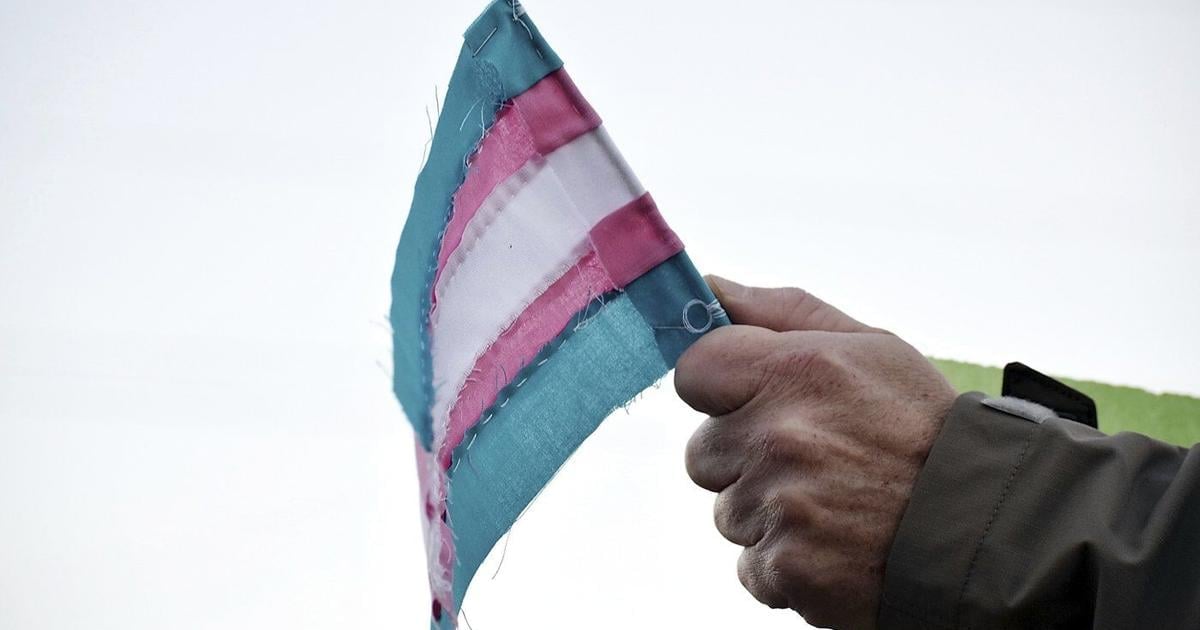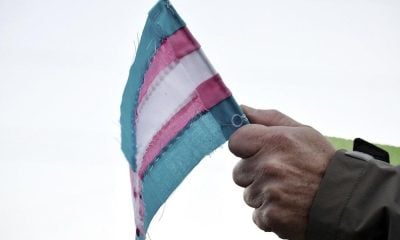MONTREAL – The founder of Canada’s biggest bookstore chain says she wants to bring the company back to its core values following a “tough four years” for the bookseller.
Heather Reisman, chief executive of Indigo Books & Music Inc., says it was a mistake to temporarily step back from the company’s helm.
“For two years I gave the business over to someone else and … I made the wrong decision,” Reisman said Friday during a live taping of “Big Shot,” a podcast hosted by Shopify president Harley Finkelstein and DAVIDsTEA co-founder David Segal that celebrates Jewish entrepreneurs.
Reisman said the COVID pandemic cost the company $160 million in cash, and her “two-year misstep,” when she stepped down as chief executive a few years later, cost another $120 million. “That’s a lot of money for any retail company,” she said. “And it basically cleaned the cash off my balance sheet.”
The event took place as part of Startupfest, an annual gathering of entrepreneurs and investors in Montreal.
The conversation marked Reisman’s first public remarks since a pair of holding companies owned by her husband, Gerald Schwartz, completed a deal in May to acquire all of the bookseller’s outstanding shares and take it private.
The takeover by Trilogy Retail Holdings Inc. and Trilogy Investments LP came after a turbulent year for the bookstore chain, which has been working to turn around its business. The privatization allows Indigo to avoid scrutiny as it works to bring profitability and growth back to Canada’s biggest bookseller.
Indigo is still recovering from a cyberattack that downed its website for a lengthy period last year, a series of quarterly losses leading up to a January layoff, and a succession of changes that saw four of 10 board members depart last year with one claiming mistreatment and “a loss of confidence in board leadership.”
Reisman, who announced her full retirement from the company amid the turmoil in June, returned to the helm months later, in September.
The issues have played out as inflation and high interest rates make many Canadians think twice about opening their wallets, especially for the discretionary items Indigo is known for selling alongside its books.
Shortly after her return, Reisman launched a transformation plan meant to “return Indigo to both growth and profitability.” Asked about that plan on Friday, Reisman said she wants to focus on the company’s core values. “I have to bring the company back to who we were. We got a little bit lost for two years,” she said.
Though she offered few details, Reisman said she’s interested in the connection between reading and brain development “in a world where attention spans have declined.” She said she wants Canadian children to be the most literate in the world. She’s also interested in the application of artificial intelligence to book curation.
Reisman was briefly interrupted Friday by a pro-Palestinian protester who accused her of “funding genocide.” Indigo has been targeted in recent months by activists who take issue with the HESEG Foundation, created by Schwartz and Reisman in 2005, which offers scholarships to people from outside Israel who join the Israeli Defense Forces.
Reisman, who appeared unfazed by the disturbance, called the protester’s allegation a “lie,” and said the truth is the foundation “fund(s) education for people with no parents.” The man was quickly removed by security guards.
Since the conflict in Gaza began last fall, demonstrators have protested outside Indigo bookstores and called for boycotts of the company because of Reisman’s foundation. A Toronto store was vandalized last November.
More recently, a group of high-profile members of Canada’s literary community have called on the Scotiabank Giller Prize to cut ties with sponsors “directly invested in Israel’s occupation of Palestine,” including Indigo.
Earlier this week, the Giller Foundation announced it wouldn’t drop its lead sponsor, Scotiabank, over its investment in an Israeli arms manufacturer. A number of authors have pulled their names from consideration for this year’s prize due to the Scotiabank sponsorship.
This report by The Canadian Press was first published July 12, 2024.























